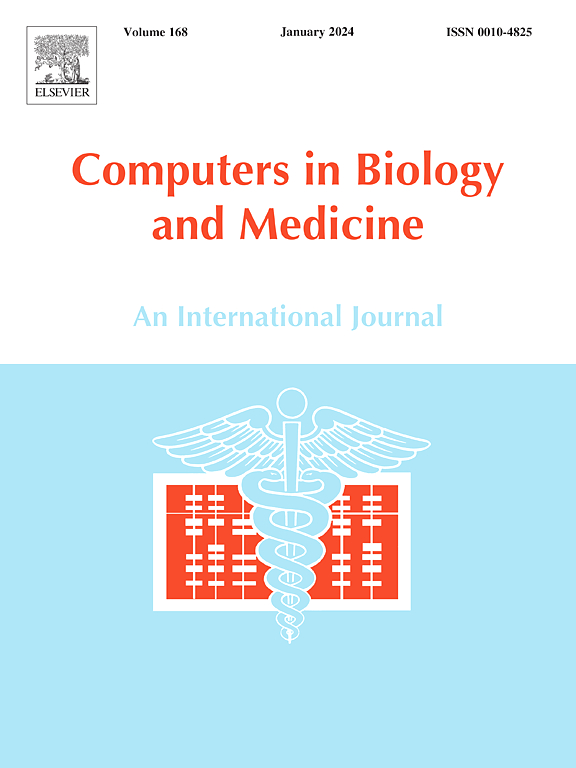Molecular landscape of endometrioid Cancer: Integrating multiomics and deep learning for personalized survival prediction
IF 7
2区 医学
Q1 BIOLOGY
引用次数: 0
Abstract
Background
The endometrioid subtype of endometrial cancer is a significant health concern for women, making it crucial to study the factors influencing patient outcomes.
Method
This study presents a novel survival analysis pipeline applied to multiomics data, including transcriptome, methylation, and proteome data, extracted from endometrioid samples in the TCGA-UCEC project to identify potential survival biomarkers. A major innovation in our work was the development of a deep learning autoencoder designed to capture the complex non-linear relationships between biological variables and survival outcomes. To achieve this, we defined a new loss function specifically for the autoencoder.
Result
The newly defined loss function can lead to extracting more survival information. The output of our pipeline includes 346 features ranked by their survival importance based on SHAP analysis, with a focus on the top 30 features. We analyzed the biological pathways enriched by these omics data and their contributions. As a result, we identified a relationship between Vitamin D, its receptor, and the Galanin receptor pathways with survival in endometrioid cancer.
Conclusion
This study introduces an innovative approach to survival analysis using multi-omics data and deep learning, with a greater focus on censored data to extract more survival information. It offers potential biomarkers for improved prognostic evaluation in endometrial cancer and presents pathway associations related to survival. These findings contribute to a better understanding of the progression of endometrial cancer.
子宫内膜样癌的分子景观:整合多组学和深度学习进行个性化生存预测
背景子宫内膜癌的子宫内膜样亚型是女性的一个重要健康问题,因此研究影响患者预后的因素至关重要。方法本研究提出了一种新的生存分析管道,应用于多组学数据,包括转录组、甲基化和蛋白质组数据,从TCGA-UCEC项目中提取子宫内膜样样本,以识别潜在的生存生物标志物。我们工作中的一项重大创新是开发了一种深度学习自动编码器,旨在捕捉生物变量与生存结果之间复杂的非线性关系。为了实现这一点,我们专门为自编码器定义了一个新的损失函数。结果新定义的损失函数可以提取更多的生存信息。我们管道的输出包括346个基于SHAP分析的特征,按其生存重要性排序,重点关注前30个特征。我们分析了这些组学数据丰富的生物学途径及其贡献。因此,我们确定了维生素D、其受体和丙氨酸受体途径与子宫内膜样癌存活之间的关系。本研究引入了一种利用多组学数据和深度学习进行生存分析的创新方法,更关注审查数据以提取更多的生存信息。它为改善子宫内膜癌的预后评估提供了潜在的生物标志物,并提出了与生存相关的途径关联。这些发现有助于更好地了解子宫内膜癌的进展。
本文章由计算机程序翻译,如有差异,请以英文原文为准。
求助全文
约1分钟内获得全文
求助全文
来源期刊

Computers in biology and medicine
工程技术-工程:生物医学
CiteScore
11.70
自引率
10.40%
发文量
1086
审稿时长
74 days
期刊介绍:
Computers in Biology and Medicine is an international forum for sharing groundbreaking advancements in the use of computers in bioscience and medicine. This journal serves as a medium for communicating essential research, instruction, ideas, and information regarding the rapidly evolving field of computer applications in these domains. By encouraging the exchange of knowledge, we aim to facilitate progress and innovation in the utilization of computers in biology and medicine.
 求助内容:
求助内容: 应助结果提醒方式:
应助结果提醒方式:


